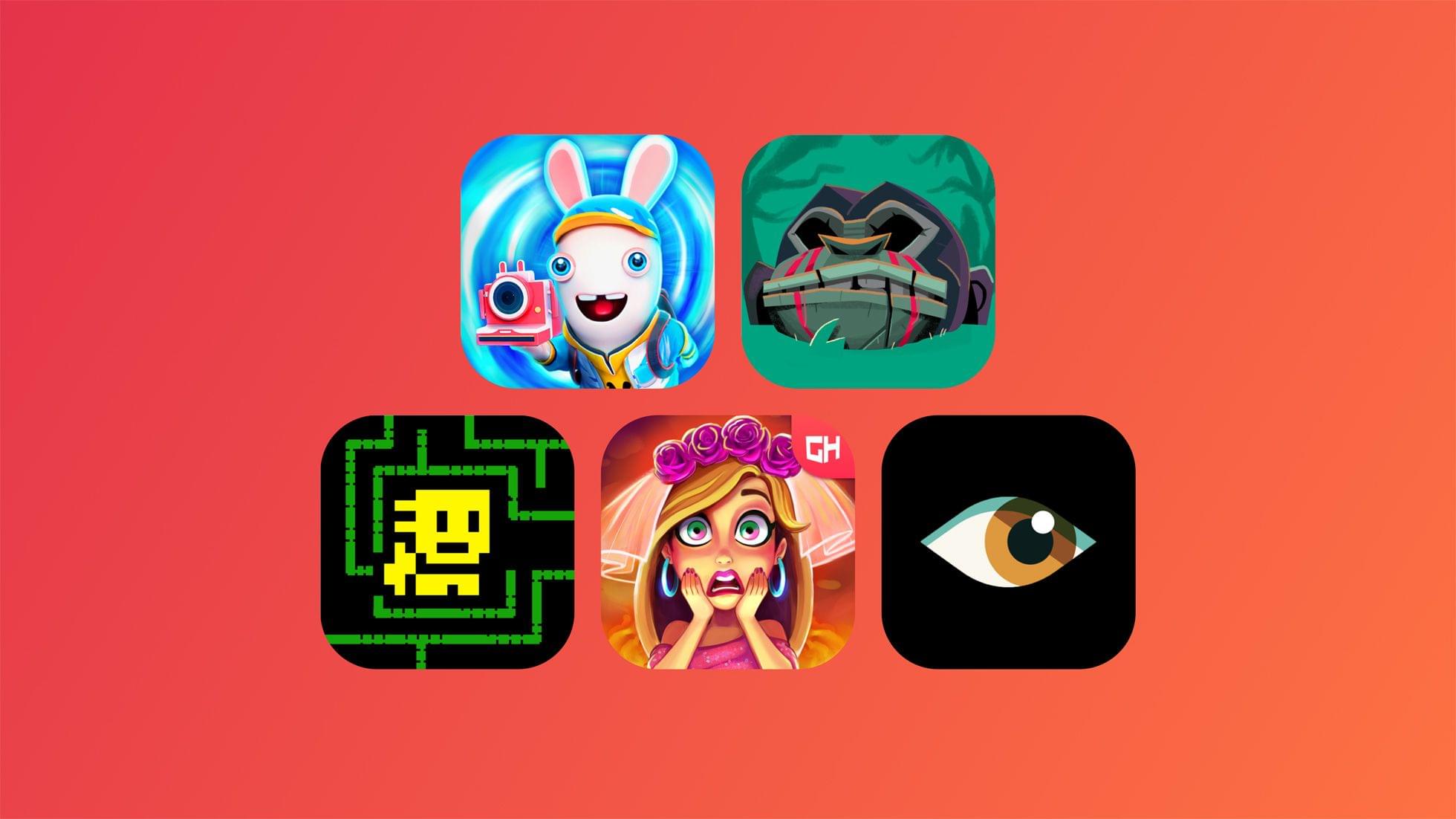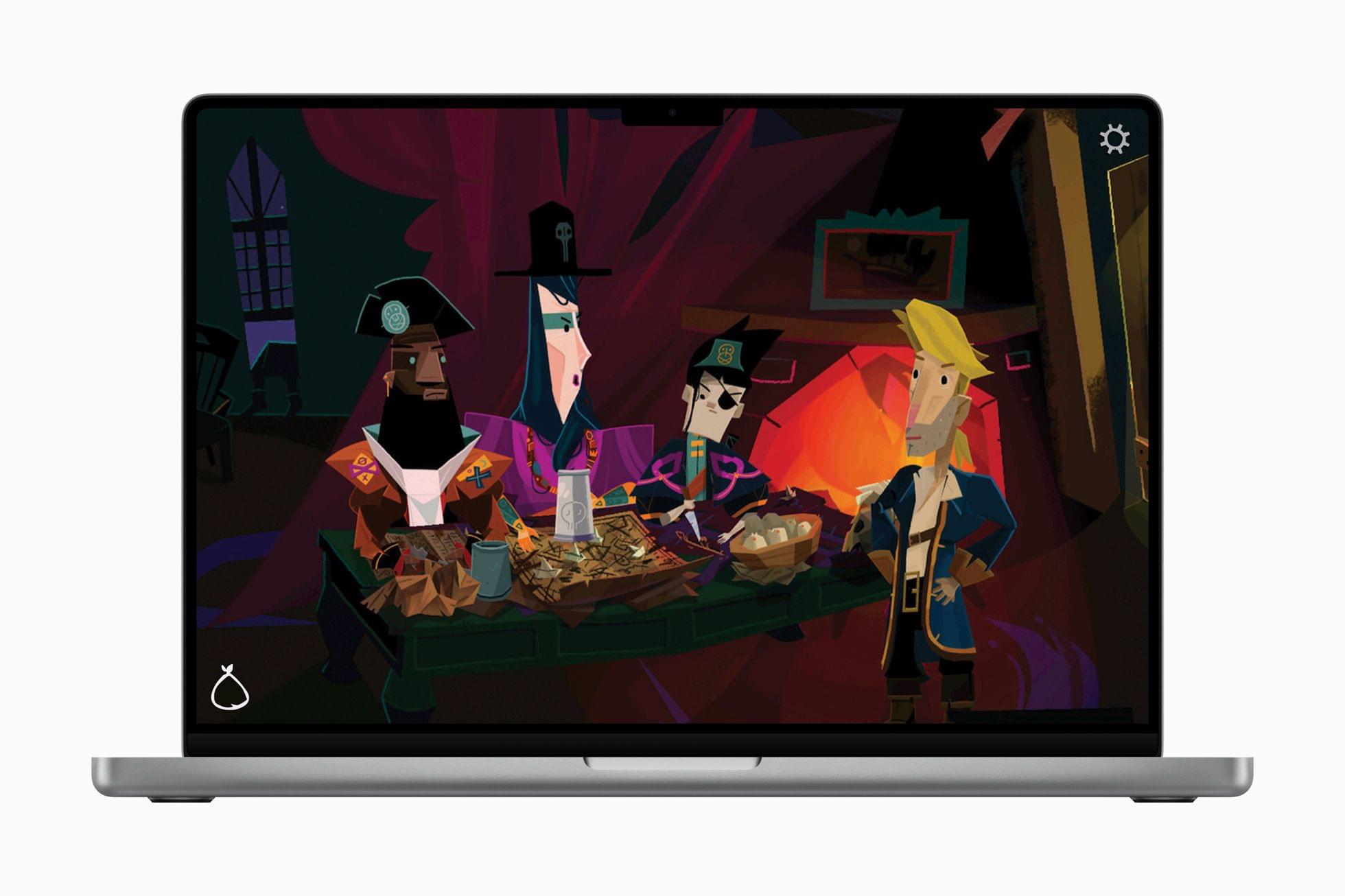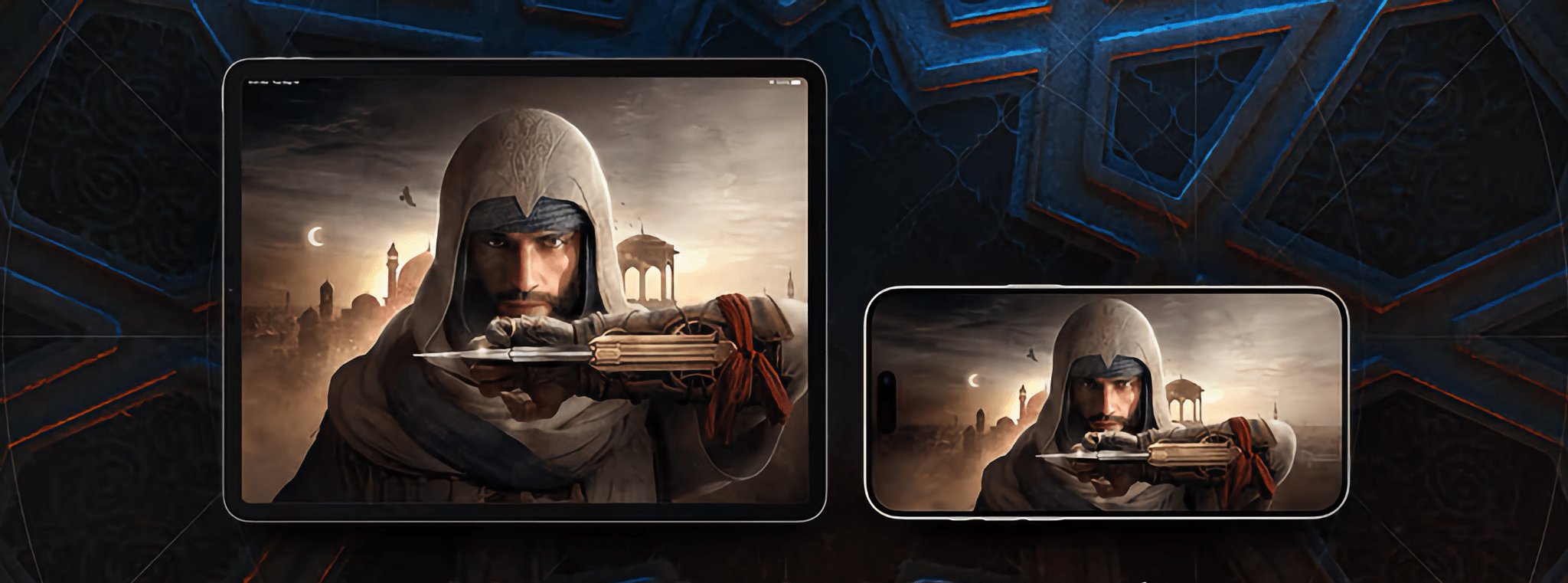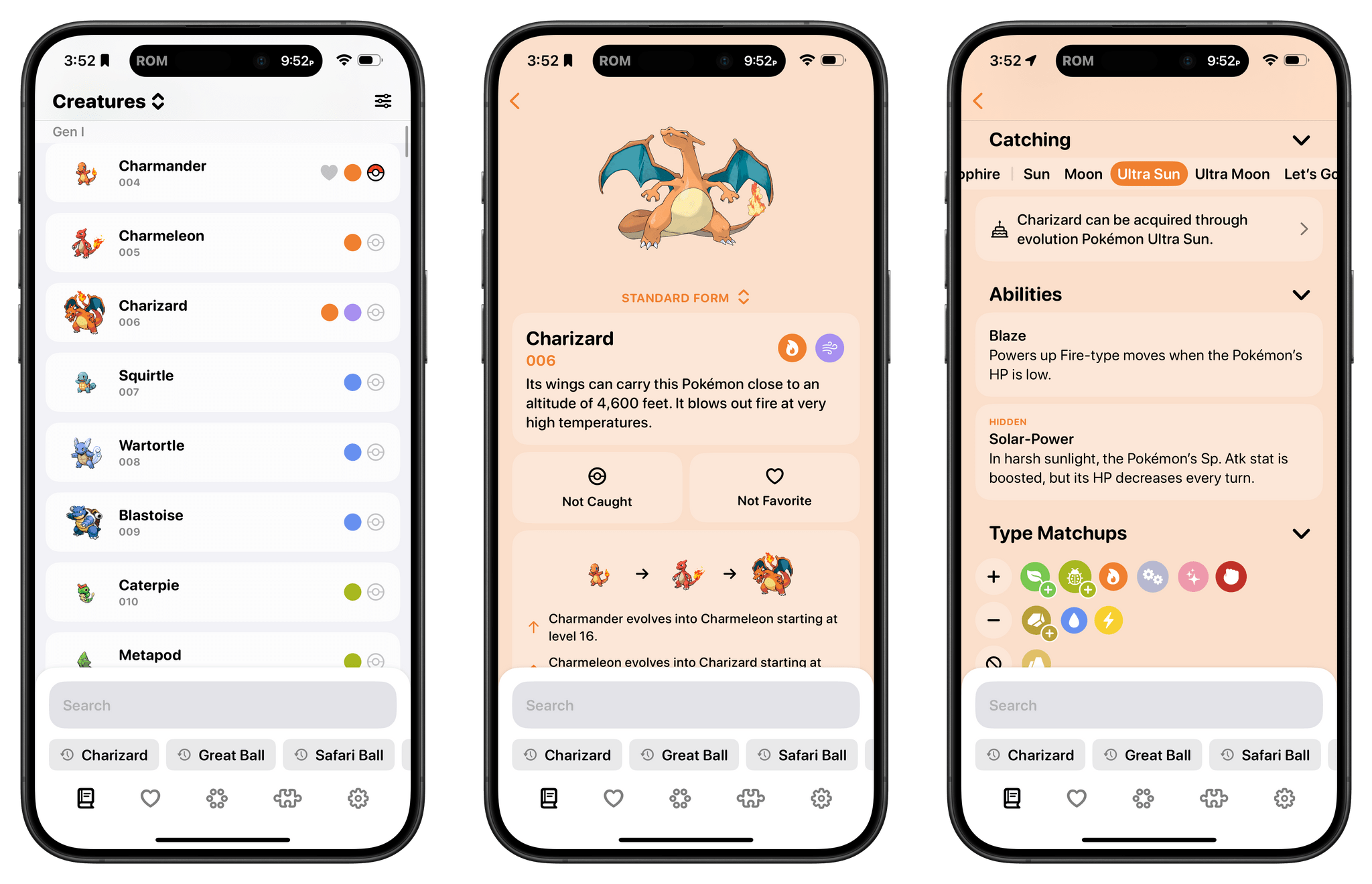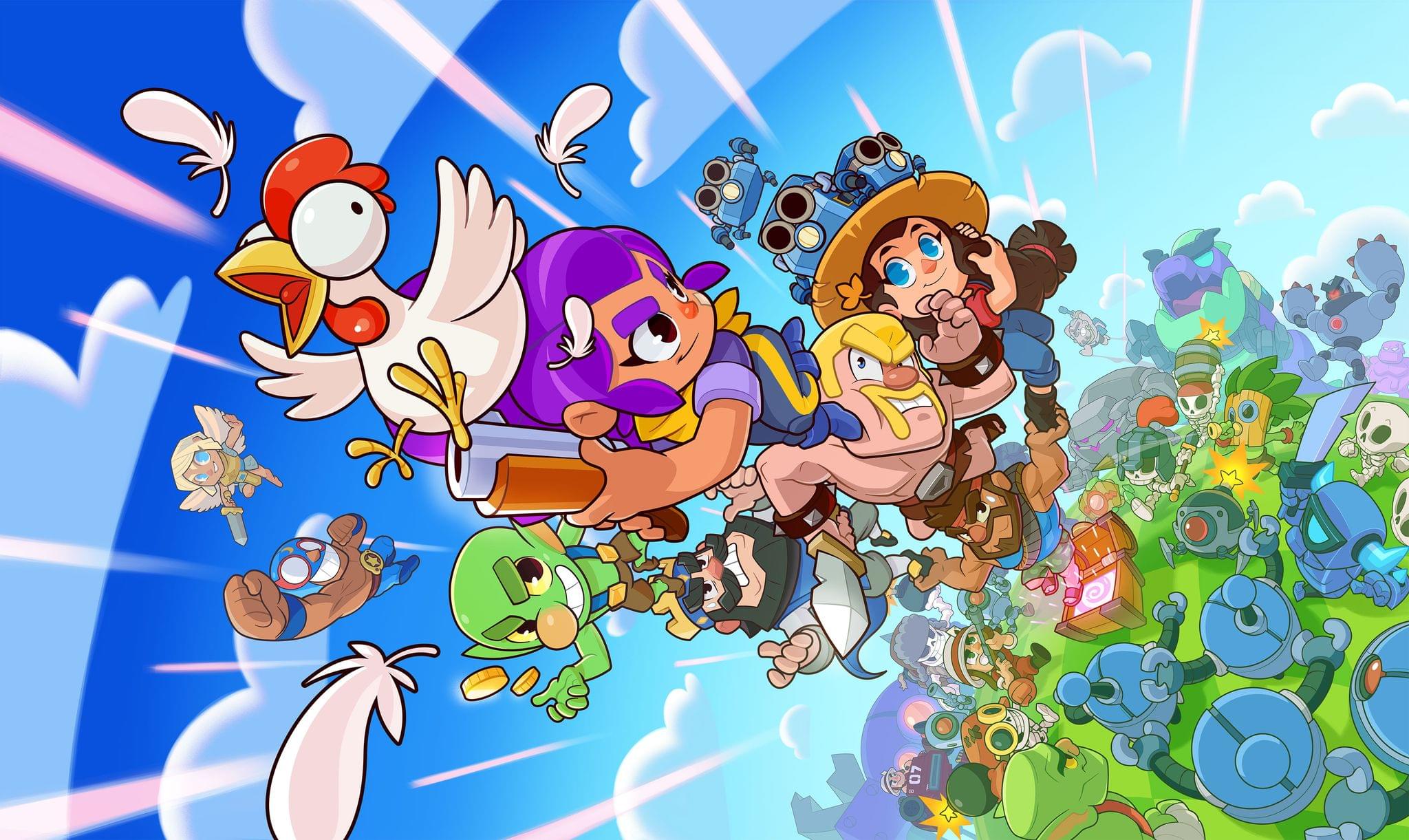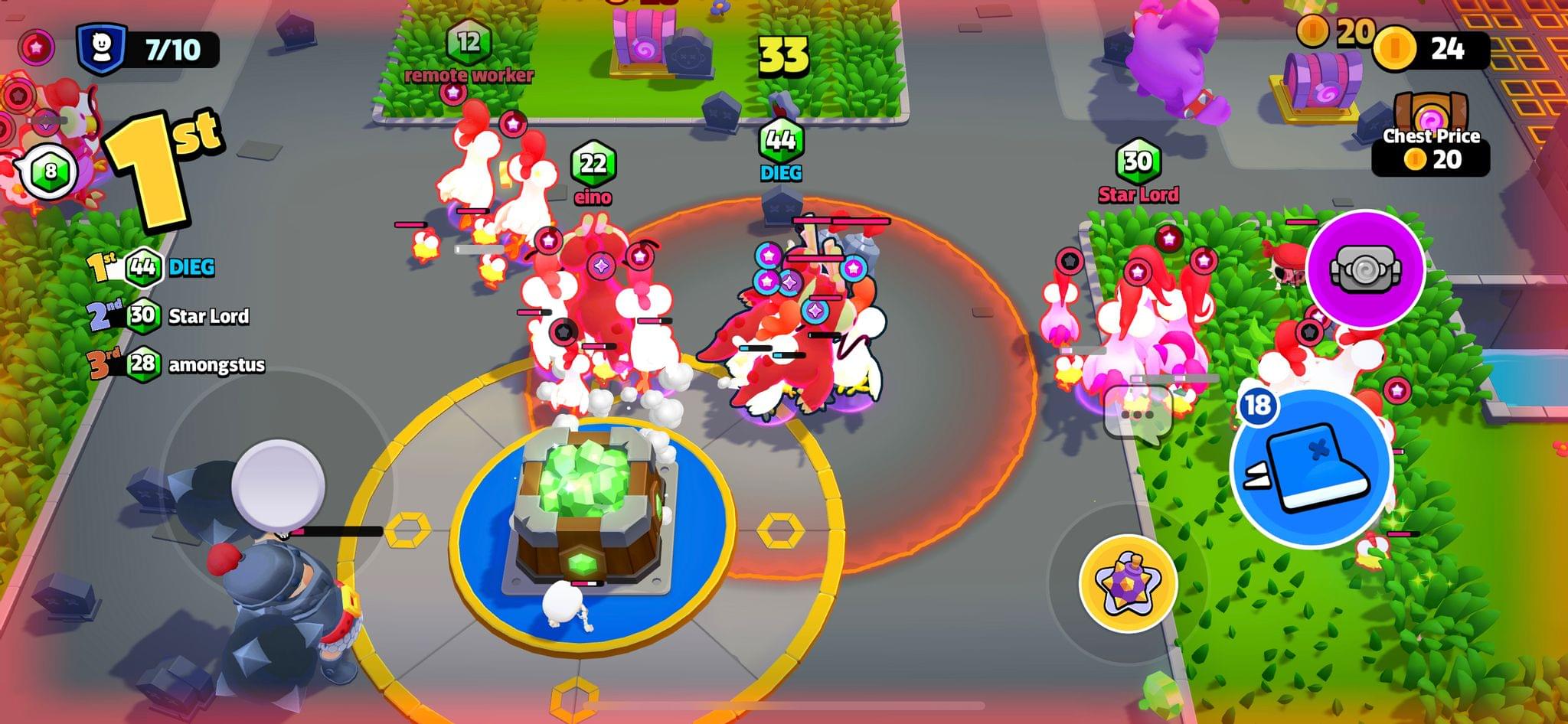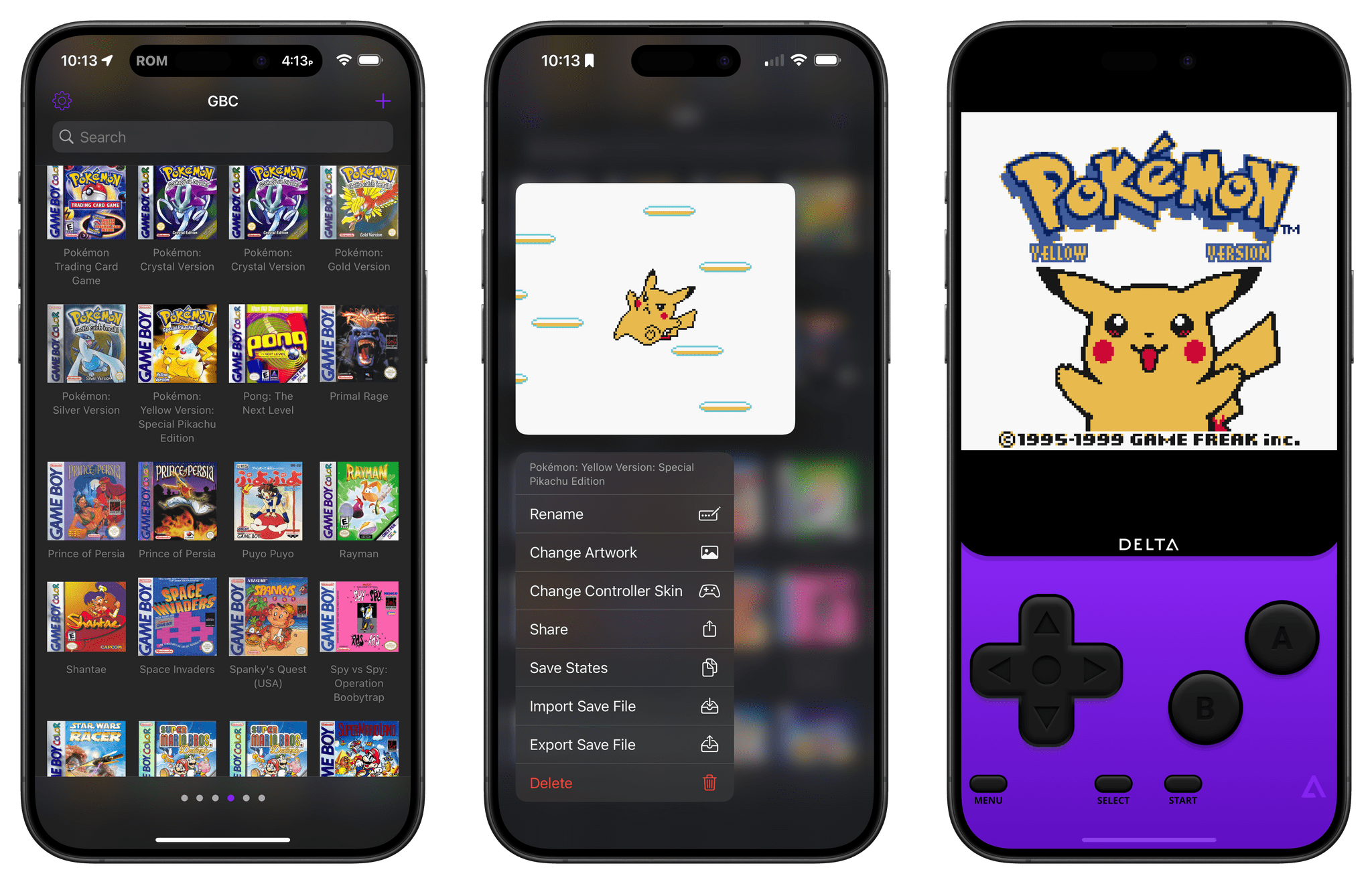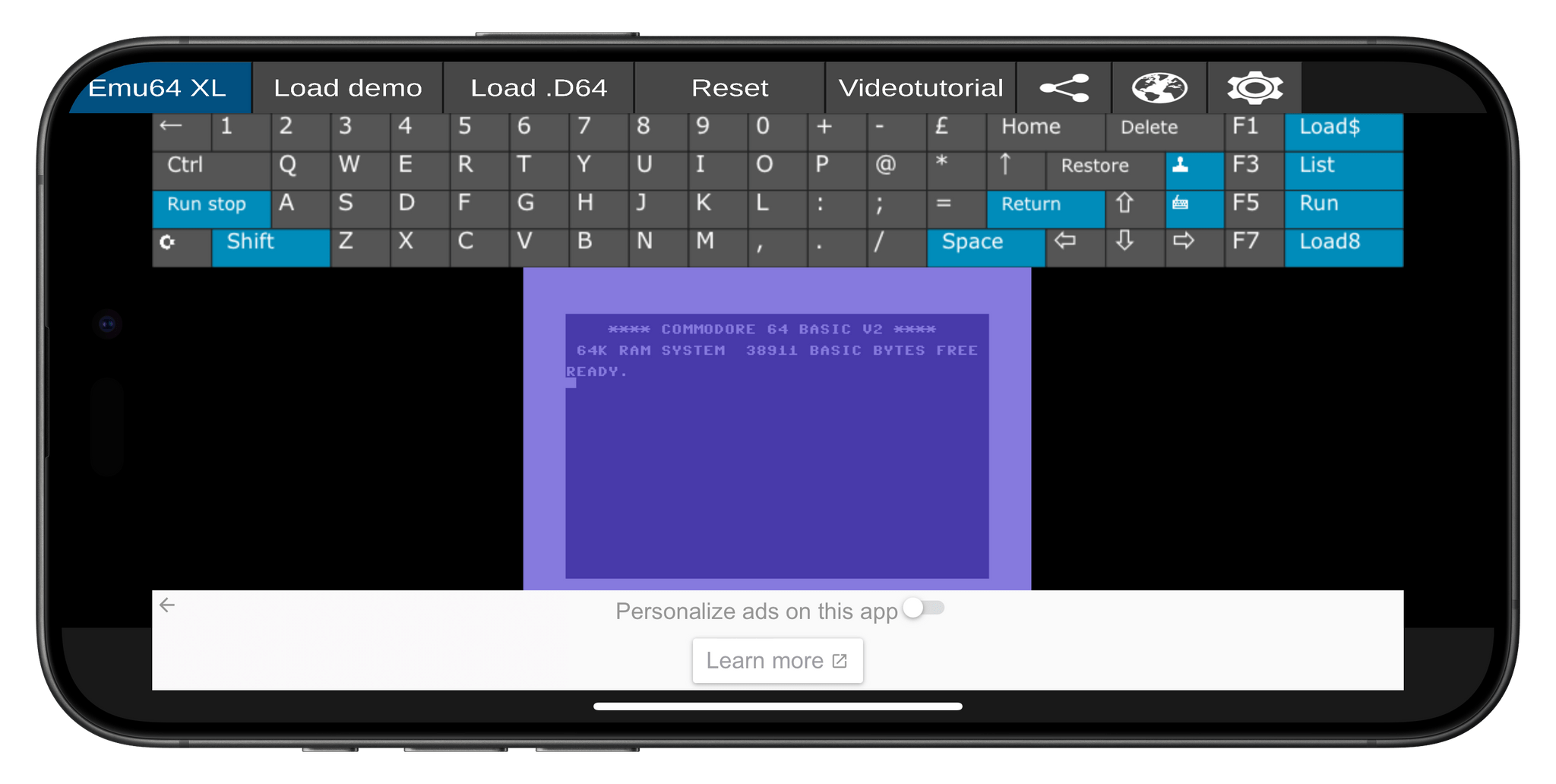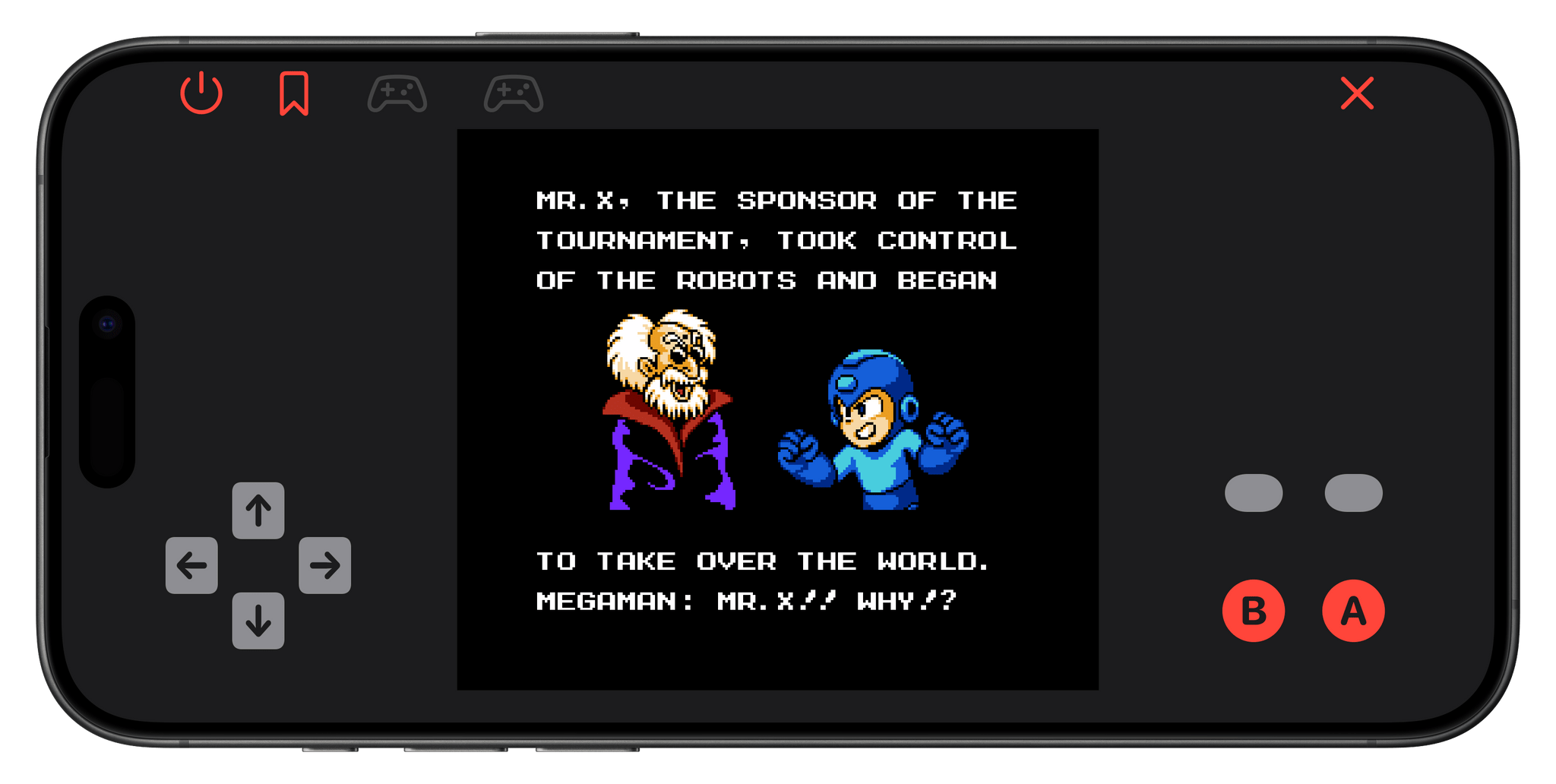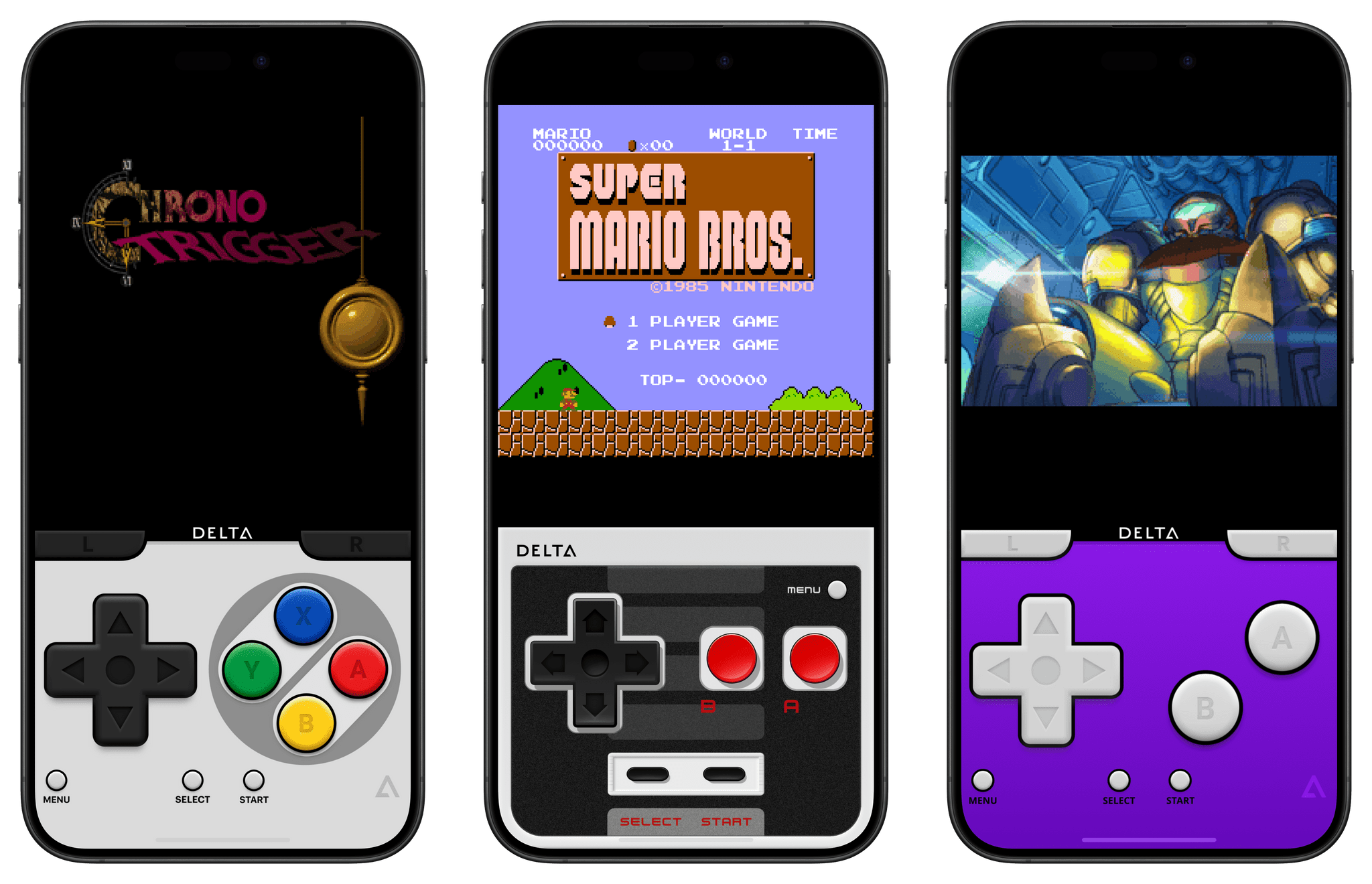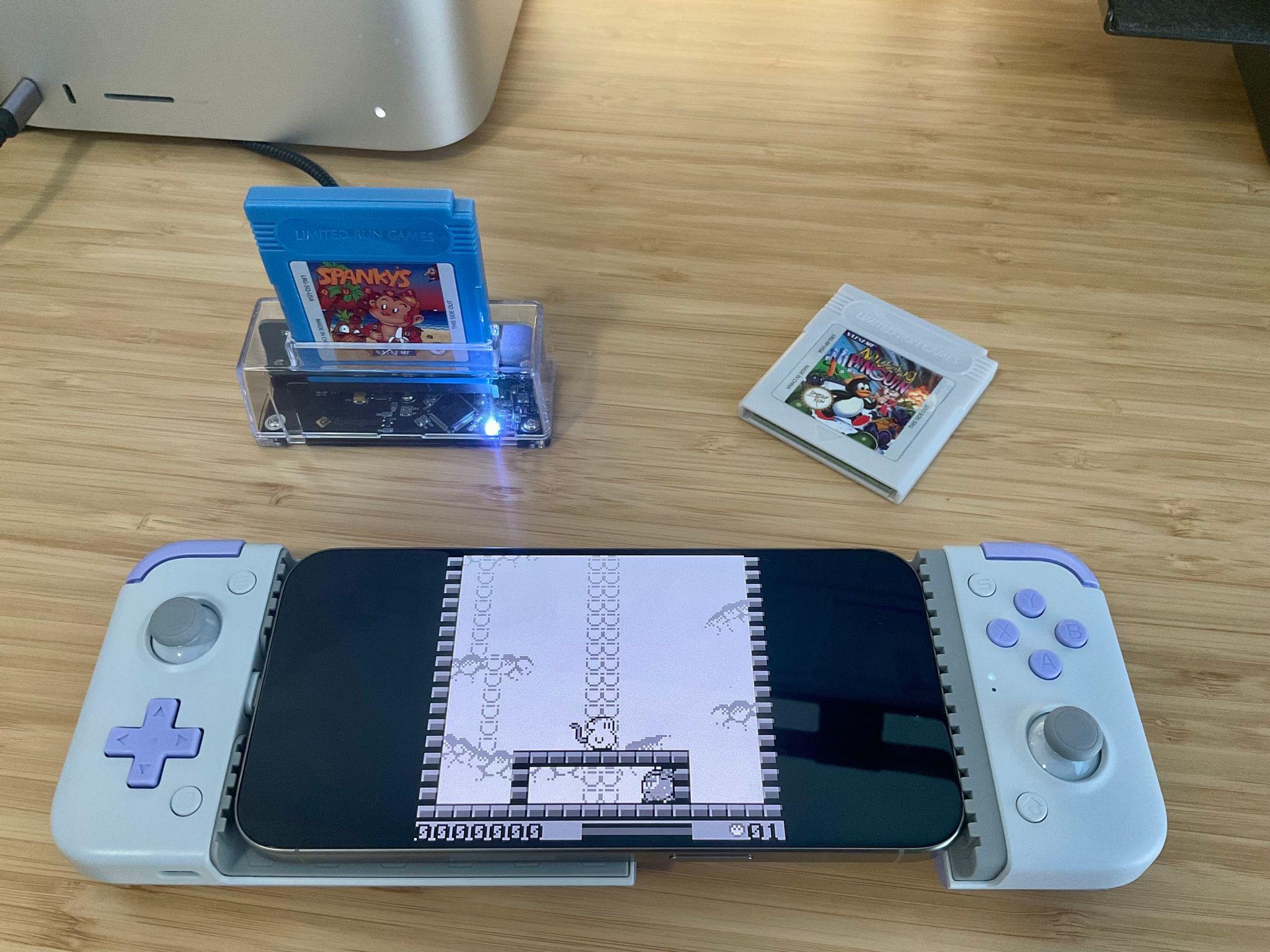Apple announced that four new games are coming to Arcade early next month:
- Rabbids: Legends of the Multiverse
- Return to Monkey Island+
- Tomb of the Mask+
- Fabulous - Wedding Disaster+
In addition, on May 30th, Where Cards Fall, the excellent indie game by The Games Band that was published by Snowman and is already part of Apple Arcade, will be coming to the Vision Pro for the first time.
Where Cards Fall is a beautiful game that won an Apple Design Award in 2020. One of the game’s core mechanics is building structures from cards that help you advance from one level to the next, which strikes me as an excellent match for the Vision Pro’s spatial gestures.
Return to Monkey Island is getting the Apple Arcade ‘+’ treatment too. As Apple describes it:
Return to Monkey Island+ is an unexpected, thrilling return of series creator Ron Gilbert that follows the legendary adventure games The Secret of Monkey Island and Monkey Island 2: LeChuck’s Revenge. The game continues the story of Guybrush Threepwood, his zombie pirate nemesis LeChuck, and his true love Elaine Marley. Return to Monkey Island+ is playable across iPhone, iPad, and Mac. Players will solve puzzles and explore the islands with a clever evolution of classic point-and-click adventure game controls.
Anyone who grew up in the 90s on The Secret of Monkey Island should enjoy this game a lot. I’m also curious to try Tomb of the Mask+, a retro platformer.
In addition to the new games coming to Arcade and the Vision Pro, Apple announced updates to some fan favorites throughout May and June, including WHAT THE CAR?, Ridiculous Fishing EX, and Crossy Road Castle. For a complete list, be sure to check out Apple’s press release.


